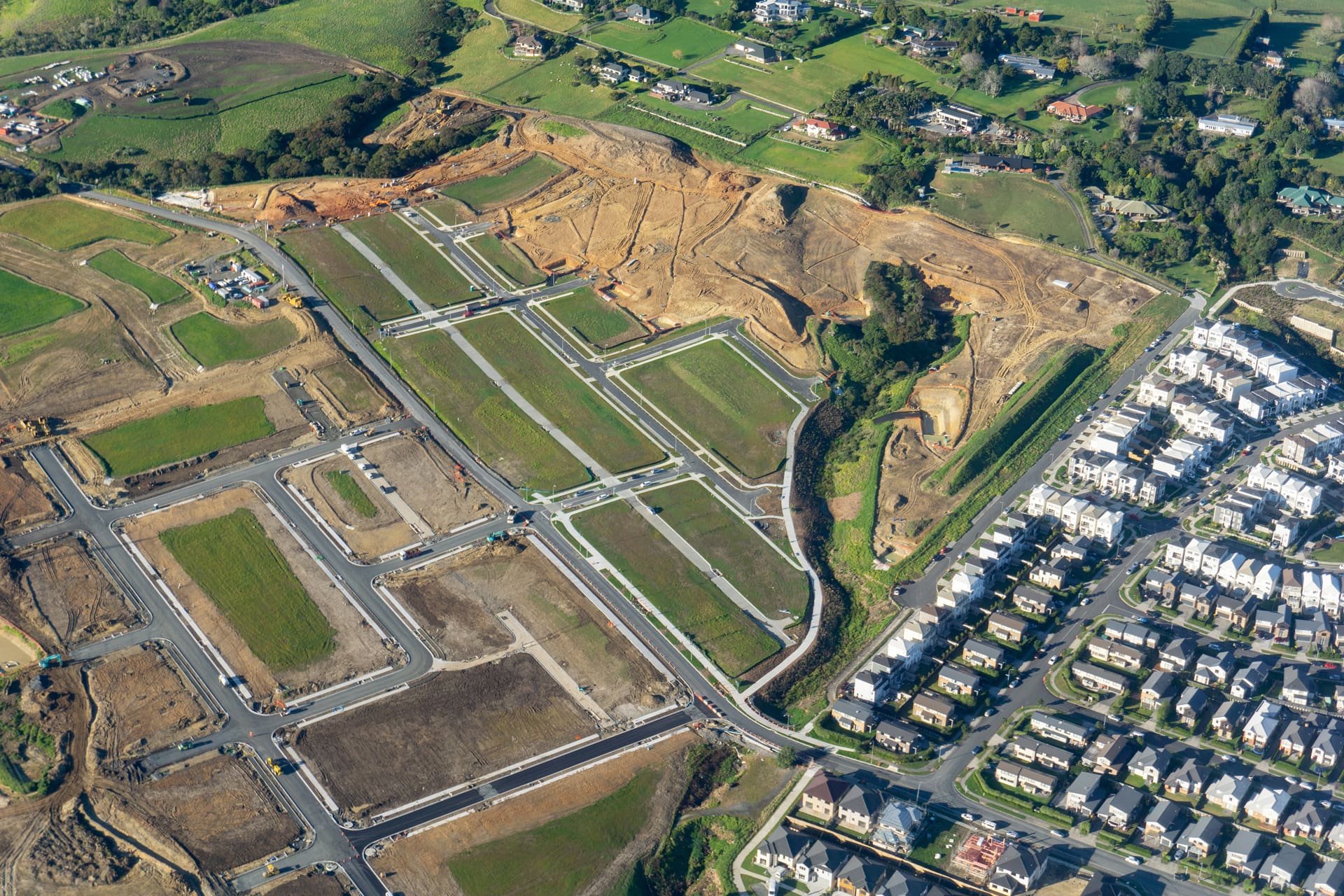Types of subdivision
There are two types of subdivision to choose from. The first is unit title. This means giving individual titles to the units or dwellings on the piece of land. They can still share common spaces such as driveways and gardens, in which case a body corporate is required to manage the insurance and maintenance of those common areas. The second type of subdivision is the fee simple or free-hold title. This is the most common type, and includes dividing the property into two or more sections. Then, a new titled is created for each section, and the owner holds all of the titles. Most people will get professional advice from a lawyer to determine the most appropriate subdivision type for what you have in mind.The condition of the land
The condition of the land is an important factor to consider when subdividing. For example, is it big enough to subdivide in a way that will provide enough living space for each unit? Will one unit be larger than the other? You’ll also need to think about the existing and planned utilities. This means planning how any new properties will be connected to the water, power, and gas lines, and how it would drain storm water and wastewater. Existing connections may suffice, or they may need to be upgraded or changed. In terms of safety, you will need to determine if the land can actually support another unit on the property. Also, you’ll need to check if it is at risk of flooding, erosion, or other issues. A licensed land surveyor will be able to answer these questions for you. Finally, you’ll need to check your local rules and requirements for driveway connections to the road.Financing
If you have never subdivided before, or are new to the property market, there are a number of financial obligations you’ll need to factor into your purchase and plans:- Tax obligations due to the Bright Line test
- Creating or adjusting infrastructure connections such as power lines
- Processing fees for council consent
- Development contribution fees (paid to your local council)
- Driveway access costs for more than one unit
- Land surveying fees to assess the property for subdivision
- Land Information NZ fees for lodging legal title documents
- Various professional fees for planners, lawyers etc
- Costs for the new builds




